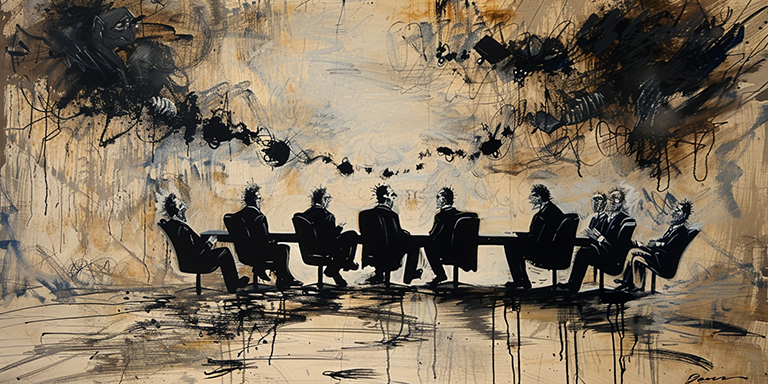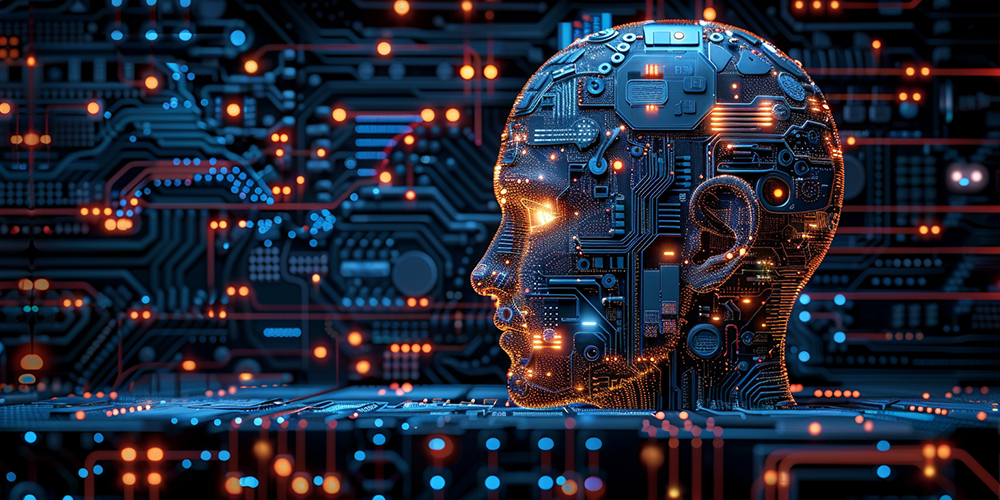Learning to Read

AI really comes into its own when we need customised solutions at scale. If we can identify use cases in which human intervention is simply not practical given the complexity and diversity of outcomes, AI might just be able to offer a way out. Such as, for instance, to provide bespoke education outcomes.









